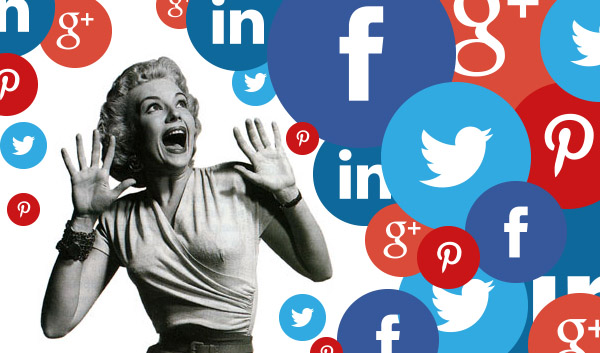Next year, the average British person will check their phone more than 10,000 times and 4,000 of these will be made compulsively. Facebook. Instagram. Snapchat. Most of us have an account on at least one of these social media platforms and they often play a big part in our lives. However, the effect these websites have on our mental health is now being questioned. Laura [EditLab placement student] tells us why.
Recently, I read a Telegraph article [by Laurence Dodds (on Snapchat no less),] which discussed how social media may be the new tobacco. For many years, tobacco firms were selling cigarettes to the general public without letting their consumers know of their addictive and harmful effects. It wasn’t until the 1950s that the government started releasing health warnings and made the public aware of the dangers of smoking and the shift in views changed from smoking being a fashionable, sophisticated thing you did to an unhealthy habit.
The same thing may be happening with social media today. It has only been 11 years since Facebook first launched, bringing social media into the mainstream and paving the way for others, such as Twitter. Yet, it can be hard to remember life before social media existed and imagine life without them now.
Turns out these apps are deliberately designed to be as addictive as possible. One of Facebook’s founders even admitted that they “exploit a vulnerability in human psychology”: we receive instant gratification when our post gets a like or comment. This releases dopamine (a feel good neurotransmitter) in our brain. We then post more often in order to experience that feeling again.
“we receive instant gratification when our post gets a like or comment”
This is having negative effects on our mental health. Especially for young people, as they’re exposed to social media during their developmental years. Royal Society for Public Health (RSPH) and Young Health Movement released a new report called #StatusOfMind which found that social media has been linked to increasing rates of depression, anxiety and poor sleep. Researchers suggest that the intensity of the online world, where you are constantly contactable, pressured by unrealistic representations of reality and by your peers, may trigger depression or exacerbate existing conditions.
“social media has been linked to increasing rates of depression, anxiety and poor sleep”
Social media isn’t all bad though. That’s how you probably found out about this blog post after all! The #StateOfMind report found positive effects too: Facebook users had higher levels of emotional support than general internet users, it acts as an effective platform for self-expression, and allows young people to connect with each other and build a sense of community, which can be particularly encouraging for those in minority groups. And in my opinion, one of the most important benefits is that it gives people who would usually go unheard a voice; social media has definitely been a catalyst in many recent social movements, such as the #MeToo Campaign for sexual harassment.
” …it gives people who would usually go unheard a voice”
We just need to be aware of the potential dangers of social media, so we can then use this information to help safeguard our psychological well-being. It is still a new phenomenon and we’re only just starting to learn of the effects it has on our health and impact it’s having on society in general.


